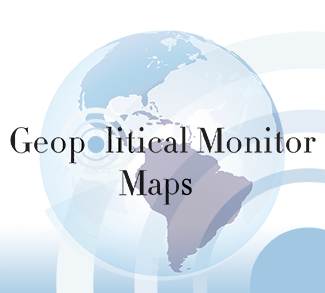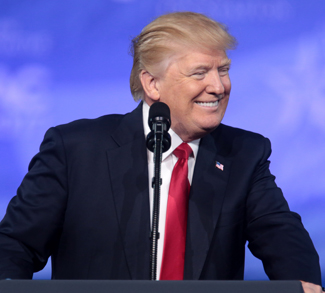Islamic State has not been a player in Afghanistan up until now, but it’s clear that the group’s leadership wants to change all that. In late January ISIS announced a Khorasan Shura, or a leadership council covering the area of Pakistan, Afghanistan, and parts of Tajikistan. Interestingly, the council is made up primarily of senior members of Tehreek-e-Taliban Pakistan, or the Pakistan Taliban, which has seen its own leadership structures splinter and fail over the past year.
The announcement coincides with increased ISIS activity throughout Afghanistan (as seen on the map below), though the group’s capabilities remain minuscule compared to the Taliban.
Given the high potential for factionalism and in-fighting – both between Taliban and Islamic State, and the national Afghan-Pakistani divide of their constituent parts – recent events suggest that we are witnessing the start of a long and bitter struggle for who gets to carry the mantle of jihad in AfPak. Against this backdrop, it will be interesting to see whether Islamic State’s inroads will push the Taliban’s Mullah Omar closer to the negotiating table with Kabul given that his religious authority is being directly challenged by Hafez Saeed Khan, a former TTP commander and newly anointed governor of the Khorasan Shura.




